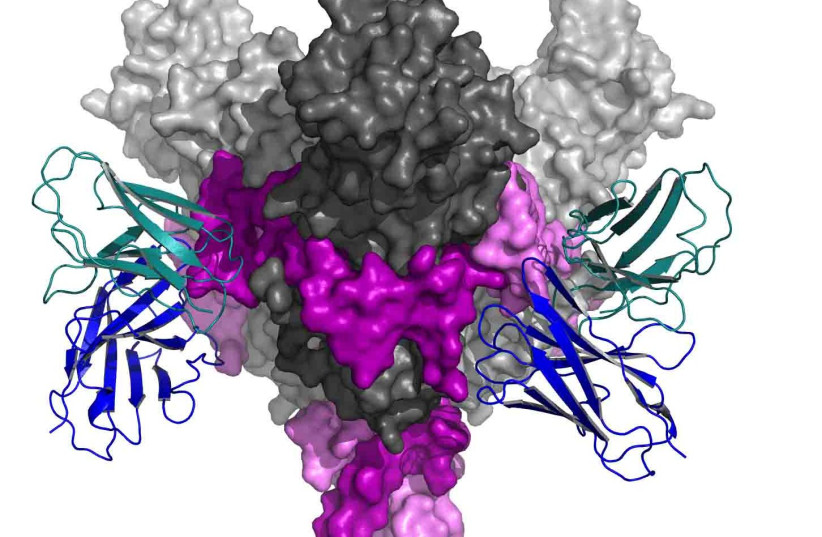A new vaccination strategy for HIV has been introduced with the ability to influence antibodies and protect animals from infections, according to a recent study.
The peer-reviewed study, which was published in the journal Science Translational Medicine on Wednesday, concludes that the vaccine involved can elicit polyclonal neutralizing antibodies, which are cells derived from two or more cells of different ancestry or genetic constitution.
The study notes the obstacle to creating a vaccine that can induce strong antibodies that can neutralize HIV strains.
The process of designing the HIV vaccine
Kevin Saunders, the lead scientist in the study, designed a vaccine that delivers a stabilized HIV protein. Researchers are basing vaccines on molecules that mimic proteins in the HIV viral envelope in order to test new strategies to boost vaccine responses.
Non-human primates developed polyclonal neutralizing antibodies that could target areas on the HIV viral envelope, according to what researchers discovered during the process. Afterward, they were exposed to a relative of HIV that affects primates known as simian-human immunodeficiency virus (SHIV).

Of the primates, most of the immunized monkeys remain uninfected with strong antibody responses, though all of the control animals that were involved in the study developed infections.
